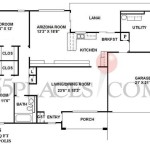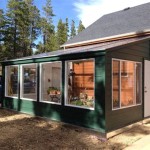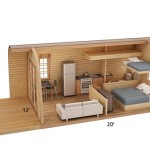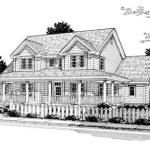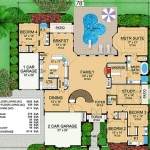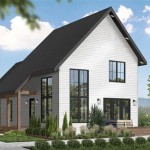Zero Energy House Plans: A Guide to Essential Aspects
Zero energy houses, also known as net-zero energy homes, are designed to produce as much energy as they consume over the course of a year. This is achieved through a combination of energy-efficient construction methods, renewable energy sources, and smart energy management systems.
Energy Efficiency
The first step in designing a zero energy house is to focus on energy efficiency. This can be achieved through a number of measures, such as:
- Insulating the walls, roof, and foundation to reduce heat loss
- Installing energy-efficient windows and doors
- Using energy-efficient appliances and lighting
- Designing the house to take advantage of natural daylight and heat
Renewable Energy Sources
Once the house is as energy-efficient as possible, the next step is to add renewable energy sources. The most common renewable energy sources for zero energy houses are solar panels and geothermal systems.
- Solar panels convert sunlight into electricity, which can be used to power the house and charge batteries.
- Geothermal systems use the heat from the earth to heat and cool the house.
Energy Management Systems
Energy management systems are used to monitor and control the energy consumption of the house. These systems can help to ensure that the house is using energy as efficiently as possible.
- Energy management systems can track the energy consumption of different appliances and systems in the house.
- They can also be used to control the operation of heating and cooling systems, lighting, and other devices.
Benefits of Zero Energy House Plans
There are many benefits to building a zero energy house, including:
- Reduced energy costs: Zero energy houses can produce as much energy as they consume, which can significantly reduce energy costs.
- Increased comfort: Zero energy houses are typically well-insulated and have comfortable indoor temperatures year-round.
- Reduced environmental impact: Zero energy houses produce less greenhouse gas emissions than traditional homes.
- Increased resale value: Zero energy houses are becoming increasingly popular, which can lead to increased resale value.
Conclusion
Zero energy house plans offer a number of benefits, including reduced energy costs, increased comfort, and reduced environmental impact. If you are considering building a new home, a zero energy house plan is worth considering.

Net Zero Home Design Popular Plans Energy

A Zero Energy House Building In Norway Cliff Scientific Diagram

West Kilbride Zero Energy House Conceptual Design Image Robertryan Scientific Diagram

16 Zero Energy House Plans Ideas Small

Nearly Zero Energy Buildings

Anatomy Of A Net Zero Home Energy Efficient House Design Sustainable

House Under Shadows Zero Energy Design Lab Archdaily

The First Low Energy House In Jordan Carboun Advocating Sustainable Cities Middle East And North

Infographic What Makes A Net Zero Energy Home So Efficient Homes House Saving

Positive Nrg Triplex Zero Energy Home Plans

